‘Aerotropolis population will double demand for medical students’: University
A Sydney university has revealed the massive number of medical staff that will be required to run health services for 1.5 million at the Aerotropolis. SEE THE EXCLUSIVE REPORT HERE.
Local
Don't miss out on the headlines from Local. Followed categories will be added to My News.
Western Sydney University has crunched the numbers and revealed it would need to double the intake of medical, nursing, midwifery and psychological students to cope with the demand the Western Sydney Aerotropolis’ population boom will have on hospitals.
The bid to increase the number of health graduates to over 24,000 by 2039 to cope with the demand of the Western Sydney Aerotropolis, comes as part of The Great Divide campaign by The Daily Telegraph to improve future health services across southwest Sydney.
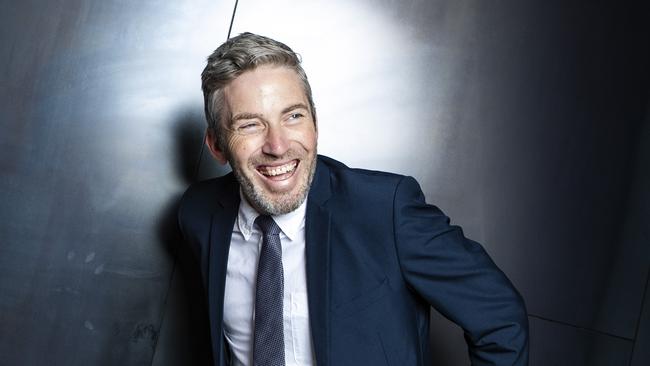
Western Sydney University assistant vice-chancellor, Dr Andy Marks, revealed the demand for health services in southwest Sydney “was already behind the eight-ball when it comes the unrivalled population growth being witnessed in Sydney’s west”.
THE GREAT DIVIDE — SYDNEY’S HEALTH CRISIS
Part One: south west patients funded $800 less per person than Sydney residents
Part Two: south west patients forced to travel hours for treatment
Part Three: leaders are calling for a new hospital at Aerotropolis
Part Four: 24,000 new medical students needed to fight west’s growth
Part Five: Patients waiting 300 days for surgery in south west Sydney
Part Six: south west teens shock youth suicide numbers as specialist staff numbers revealed
“We require seven years to train someone in medicine, so we need to act now to prepare for the future,” he said. “There are already social and economic disadvantages in pockets across western Sydney — and adding an additional 1.5 million people will mean this pockets will grow.
“The likelihood of disease, diabetes and mental health issues will increase dramatically, so we need to drastically increase the number of trained health professionals to cope with the increasing demand.”
Dr Marks told The Daily Telegraph the university was leading the charge for increased support for medical research to be conducted “in western Sydney to support western Sydney”, with the Macarthur Medical Research Institute.
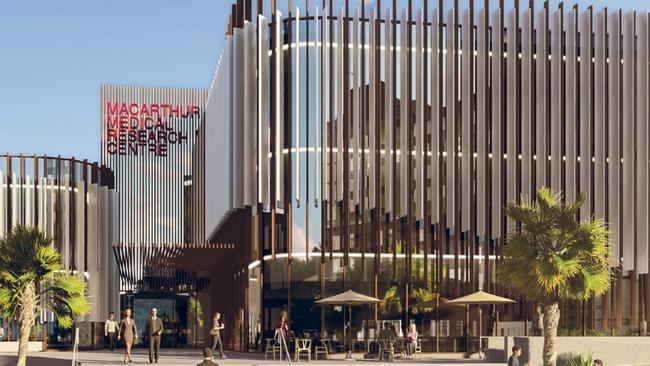
But the partnership with the South West Sydney Local Health District, University of NSW and Ingham Institute for Applied Medical Research was behind $12 million from making the plan a reality.
He also called for the federal government to uncap university places for medical, nursing and allied healthcare courses, “ or we will not meet the basic levels of demand”.
Western Sydney University medicine student, David Chanmugam, said he is up to the challenges of serving his community in the health profession because he “knows the issues western Sydney faces”.
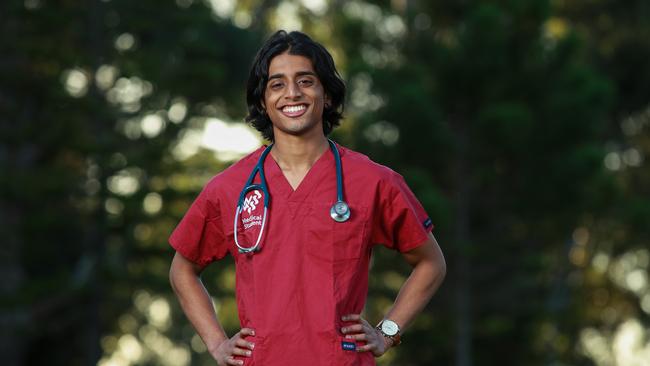
“Choosing to do medicine was a way of me serving my community,” he said. “I see medicine as a diverse job with many challenges and an ever-changing industry, but getting to support western Sydney and the health challenges we face out here is very important to me.”
The Baulkham Hills resident said there was a “growing need for well-equipped staff to be able to take care of western Sydney patients.
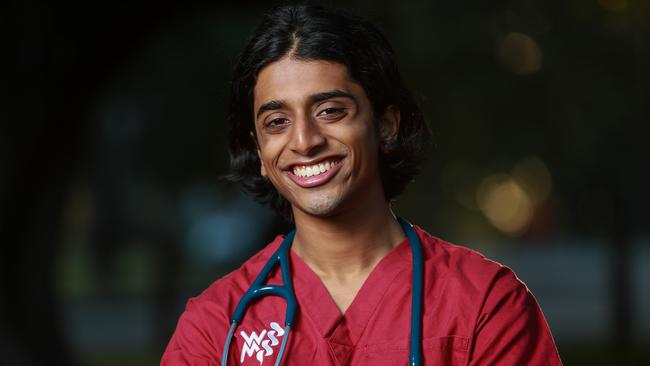
“I plan to be as clinical as possible to make sure I can support as many people as possible, but I am open about the possibilities medicine can take me,” he said.
The Daily Telegraph’s southwest Sydney health campaign also sparked a second round of public submissions being launched by the NSW Parliamentary Inquiry into current and future health provisions.
Committee chair, Labor Upper House MLC Greg Donnelly said the inquiry will reopen submissions until the end of May.
“The committee would particularly like to hear from community based organisations in south west Sydney on their experiences with the health system,” he said.
A series of public hearings earmarked for the inquiry will be postponed due to the COVID-19 pandemic.
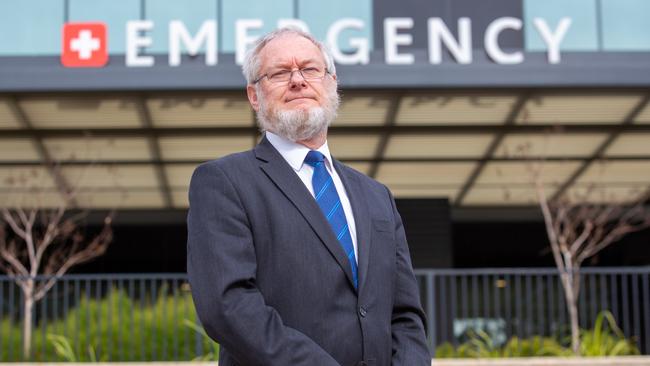
A NSW Health spokeswoman said the department was working on a strategic roadmap for local health districts to “respond to changing workforce needs”.
“Local Health Districts undertake workforce planning to determine workforce requirements and the number of positions needed to meet clinical service needs within their health district,” she said.
“The NSW Government has guaranteed internships for all NSW domestic medical graduates — the number of intern positions in south western Sydney has grown by 30 per cent between 2011 and 2020.”
She said the number of Commonwealth Supported medical places at universities are funded and capped by the Commonwealth Government, but NSW Health was running career sessions with school children to encourage the next generation of health professionals.

